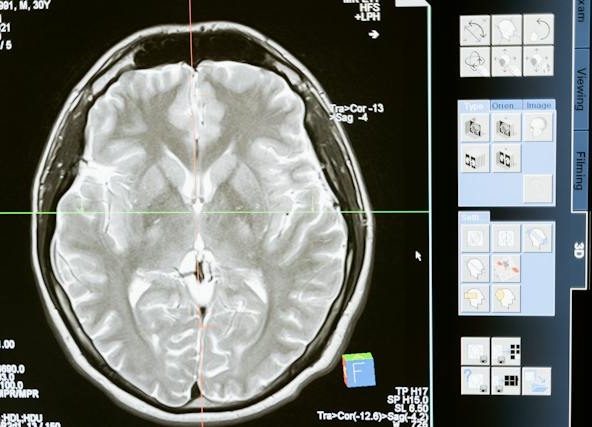Every type of injury to the neck and upper back can lead to a significant amount of pain and suffering to a victim. Whiplash is the most common type of injury to this specific area of the body. There are many ways that whiplash can occur, and many people fail to understand that whiplash can have long-lasting effects on victims. We have taken the liberty to discuss how whiplash occurs and why it’s crucial to seek medical attention after sustaining an injury of this type.
Whiplash Effects can Last a While
By now, many are familiar with the term whiplash. Many associates this type of injury with a vehicle collision; however, whiplash can occur in various ways. This includes but not limited to:
- Sport Injuries
- Workplace Injuries
- Motorcycle Accidents
- Bicycle Accidents
Whiplash occurs when your neck or upper back experiences a sudden jolt of deceleration after some type of impact. This jolt can cause the head to move forward and backward quickly, leading to injuries of the muscles and ligaments within the neck, upper back, and shoulder areas.
People underestimate that it is common for symptoms of whiplash to not appear immediately after the collision. In many cases, a person’s adrenaline is masking any signs or symptoms of a whiplash injury. Typically, whiplash can be treated with mild pain relievers, rest, and abstaining from strenuous activities. In more severe cases, the victim will require stronger prescriptions and physical therapy to help them recover. There are some cases where whiplash victims sustain long-term effects. Some of these are as follows:
- Pain and stiffness in the neck, shoulders, upper back, or lower back
- Severe headaches or migraines
- Numbness, weakness, or pain in the arms and legs
- Difficulty sleeping and fatigue
- Difficulty with memory or focus
- Reduced range of motion
- Blurred vision
- Dizziness
- Ringing in the ears (tinnitus)
- Irritability and/or anxiety
Compensation for Whiplash
Victims of an accident that results in a whiplash injury might recover compensation for their injuries if someone else’s negligent actions caused it. For example, if the whiplash injury occurred by a rear-end collision caused by a drunk driver, the victim can obtain compensation from the drunk driver’s insurance provider. Some types of compensation available to whiplash victims are as follows:
- Payment of any medical bills related to the whiplash
- Lost income if the victim cannot work while recovering
- Loss of enjoyment of life damages
- Pain and suffering damages
Compensation can vary from case to case, depending on key factors of your claim. It’s crucial to hire an expert Utah personal injury attorney who can investigate the accident and work with medical experts to calculate the amount of compensation you deserve accurately. Contact our attorneys here at Utah Personal Injury Lawyers to get a free consultation, and most importantly, to get a friend in your corner so that you can focus on recovery.



